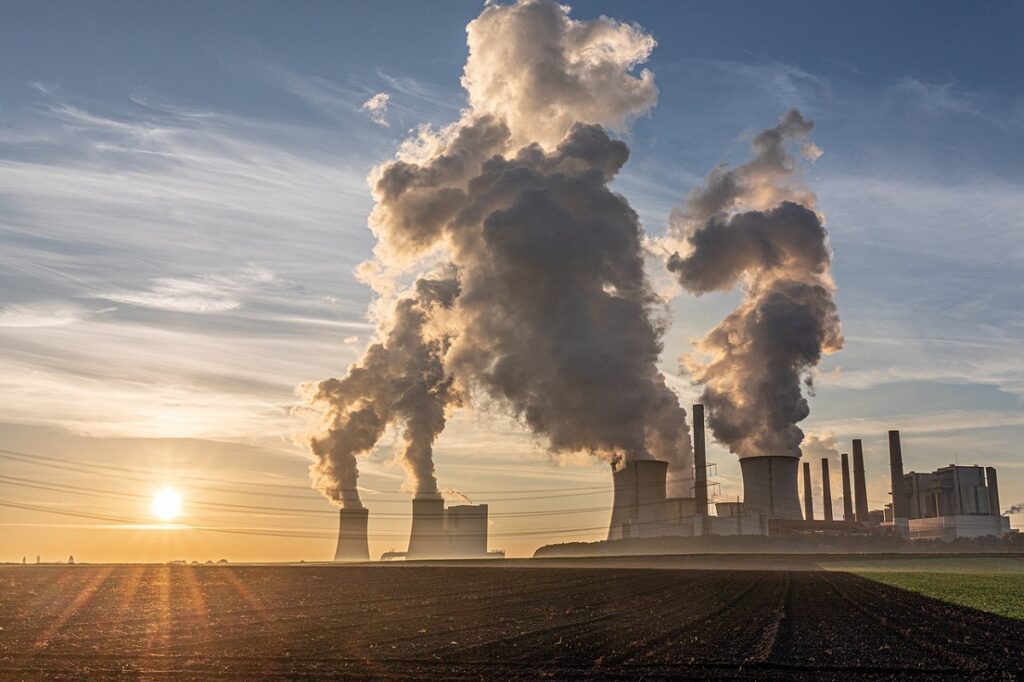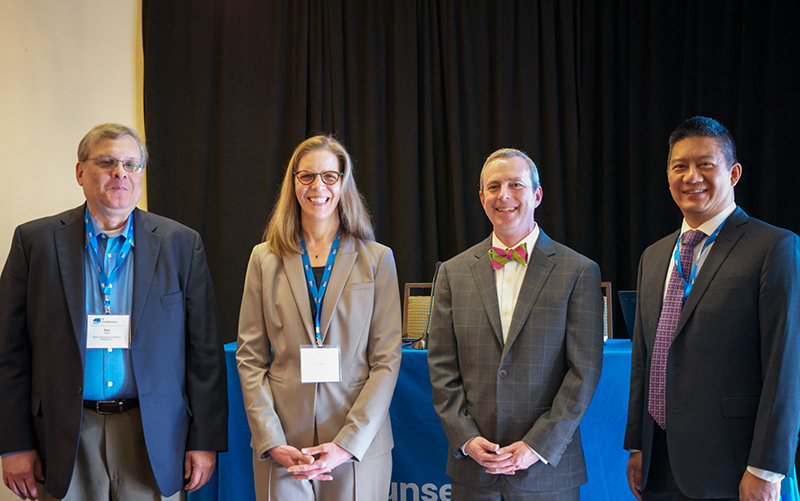Science supported by the government can help in the effort to control climate change, according to testimony provided last week to the House Committee on Science, Space & Technology, Subcommittee on Energy, Good Day Bio reported.
The testimony was presented on March 16 by LanzaTech’s Vice President of Government Relations Laurel Harmon, who said biotechnology is set to play a big part in the process of developing climate and energy solutions, Good Day BIO reported.
As Harmon explained, LanzaTech uses a biocatalyst, a bacteria that produces useful chemicals aimed at capturing and reusing carbon, to create sustainable aviation fuel and other goods.
“The government has a role in many stages from basic research, to scale up and commercialization,” she said, explaining how various federal programs support the necessary research. For example, Harmon said, LanzaTech has received the support of the Advanced Research Project Agency-Energy (ARPA-E) and the Department of Energy’s Bioenergy Technologies Office and Office of Science in some other projects.
LanzaTech has developed an ethanol-based alcohol-to-jet fuel, which is a sustainable aviation fuel (SAF), thanks to research that was supported by the Department of Energy (DOE), Harmon testified. She maintained that this support provides a perfect example of the part DOE plays in advancing new technologies.
Harmon also gave some recommendations for federal assistance to biotech’s efforts to address climate change:
- The DOE needs to provide funds that will cover every phase of the development process.
- The DOE should have the tools needed for accelerating project selection and execution.
- Fossil fuel carbon must be replaced in all products that contain it.
- All waste carbon needs to be used if we are going to replace fossil fuels.
When asked about policies that are needed to increase SAF production, Harmon stated that this should be done through the Sustainable Aviation Fuel blenders tax credit.
Democratic Representative Sean Casten from Illinois agreed with Harmon’s position, saying: “We need to address and discuss sustainable feedstocks, and how to best increase the global supply of alternative fuels.”




